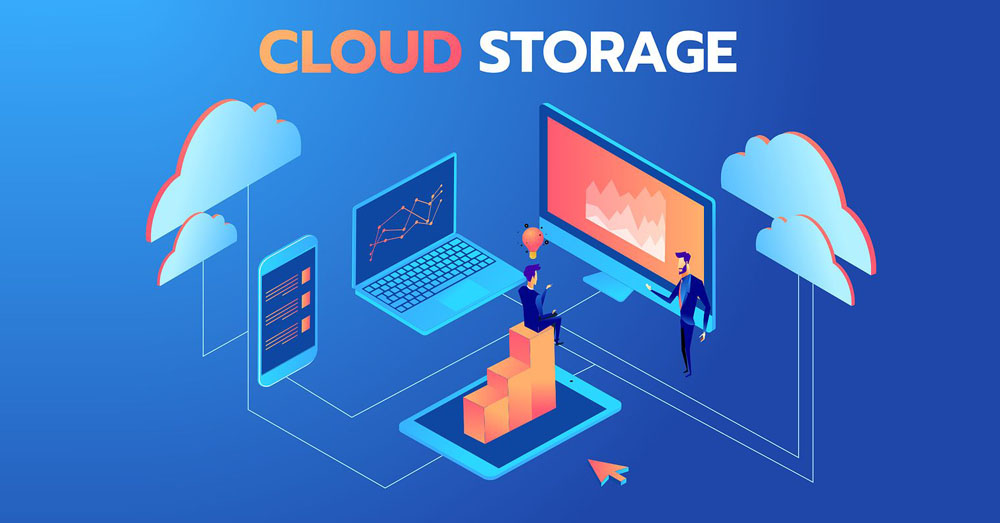Free Courses Sale ends Soon, Get It Now


Free Courses Sale ends Soon, Get It Now



Copyright infringement not intended
Context: Cloud security is a major concern for businesses and individuals in India, as well as globally.
Details
Cloud Storage
About
Features
Scalability
Reliability
Security
Cost-effectiveness
Significances
Collaboration
Productivity
Innovation
Sustainability
Challenges
Compatibility
Performance
Security
Compliance
Developments that are shaping the future of cloud storage are:
Artificial Intelligence (AI) and Machine Learning (ML)
Internet of Things (IoT) and 5G
Blockchain and Distributed Ledger Technology (DLT)
Edge Computing
Conclusion
Must-Read Articles:
Cloud Services: https://www.iasgyan.in/daily-current-affairs/cloud-services
|
PRACTICE QUESTION Q. What is cloud storage? A) A service that allows users to store and access data on remote servers over the internet. B) A device that allows users to store and access data on local disks over a network. C) A software that allows users to store and access data on encrypted partitions over a VPN. D) A protocol that allows users to store and access data on distributed nodes over a blockchain. Answer: A Explanation: Cloud storage is a service that enables users to save data on off-site servers that are maintained by third-party providers, who offer access to the data through the internet. |
© 2024 iasgyan. All right reserved